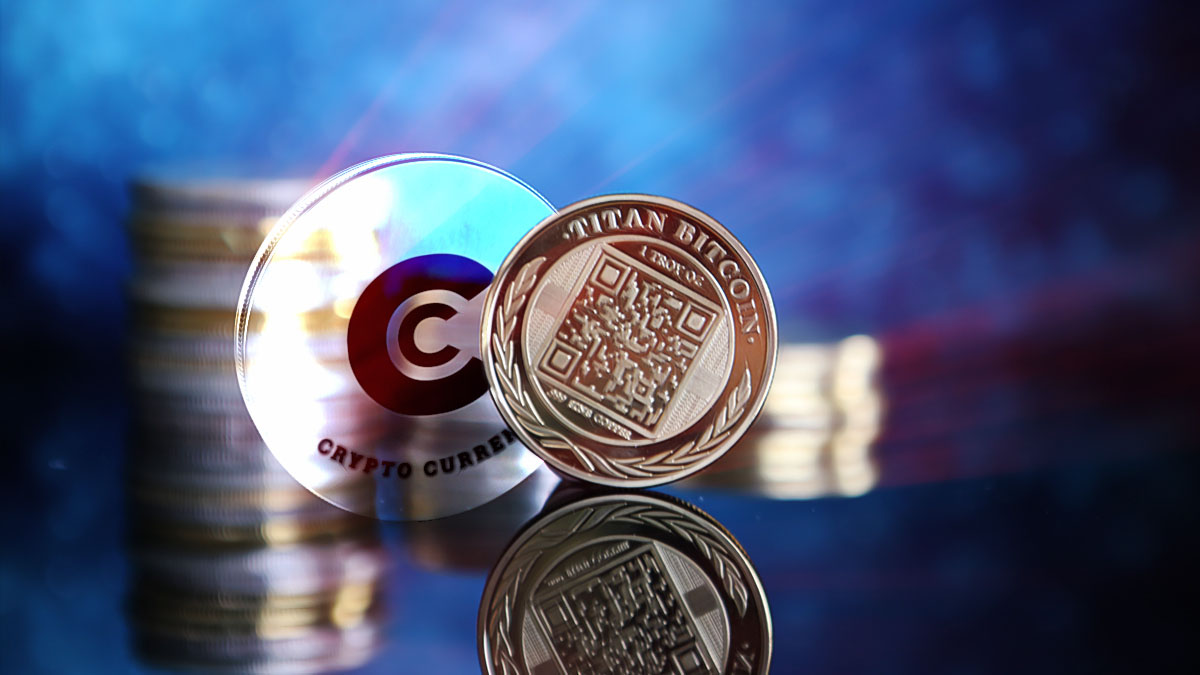This week marks a significant milestone for the ZKsync protocol with the introduction of ZKNation and the forthcoming details of the ZKS token distribution. ZKNation, a new governance community, allows participants to actively engage in the development and governance of the ZKsync protocol. Through this initiative, token holders can delegate authority, propose upgrades, negotiate on key issues, and vote using ZKNation’s on-chain governance framework.
What Does ZKNation Aim to Achieve?
ZKNation aims to advance the principles outlined in the ZK Credo by emphasizing freedom and innovation. This initiative caters to the increasing demand for decentralized governance in blockchain technology, aiming to unite individuals, organizations, and technologies to promote progress and economic growth. The introduction of ZKS tokens is a significant step, enabling community members to play an active role in the protocol’s governance.
Since its mainnet launch in March 2023, ZKsync has showcased its scalability by offering high throughput, low fees, and support for interoperable ZK Chains. Over 6 million wallet addresses have been registered on the ZKsync protocol, and more than 350 million transactions have been validated. This success demonstrates the protocol’s potential to make Ethereum more accessible to a wider audience and shape the future of the internet.
How Does the Governance System Function?
A robust governance framework is critical for the success and resilience of ZKsync. The ZKS token empowers the community to contribute meaningfully through ZKNation’s on-chain governance system, which comprises three main bodies: the Token Assembly, the Security Council, and the Guardians. These entities will collaborate within various legal structures to interact with ZKsync’s smart contracts and coordination channels.
The Token Assembly involves token holders who can delegate their voting rights or vote directly. This body will propose, negotiate, and approve initiatives that govern the protocol, fostering collaborative decision-making. The Guardians, a group of at least five individuals, protect the values of the ZK Credo and have veto power and emergency action capabilities. The Security Council, consisting of engineers, auditors, and cybersecurity experts, oversees the protocol’s technical security and can freeze the protocol in response to threats.
Key Takeaways for Users
Concrete Insights:
- Token holders can actively participate in governance through ZKNation.
- The introduction of ZKS tokens enables community-driven protocol improvements.
- The governance system includes three main bodies for balanced decision-making.
- Over 6 million wallet addresses and 350 million transactions demonstrate ZKsync’s impact.
Further details about the delegation process and ZKS token allocation, along with additional information about ZKNation’s governance structure, will be revealed this week. This initiative invites developers, innovators, and freedom advocates to join and contribute to the community. The collective effort of ZKNation is vital for maintaining the integrity and promoting the growth of the ZKsync ecosystem.













